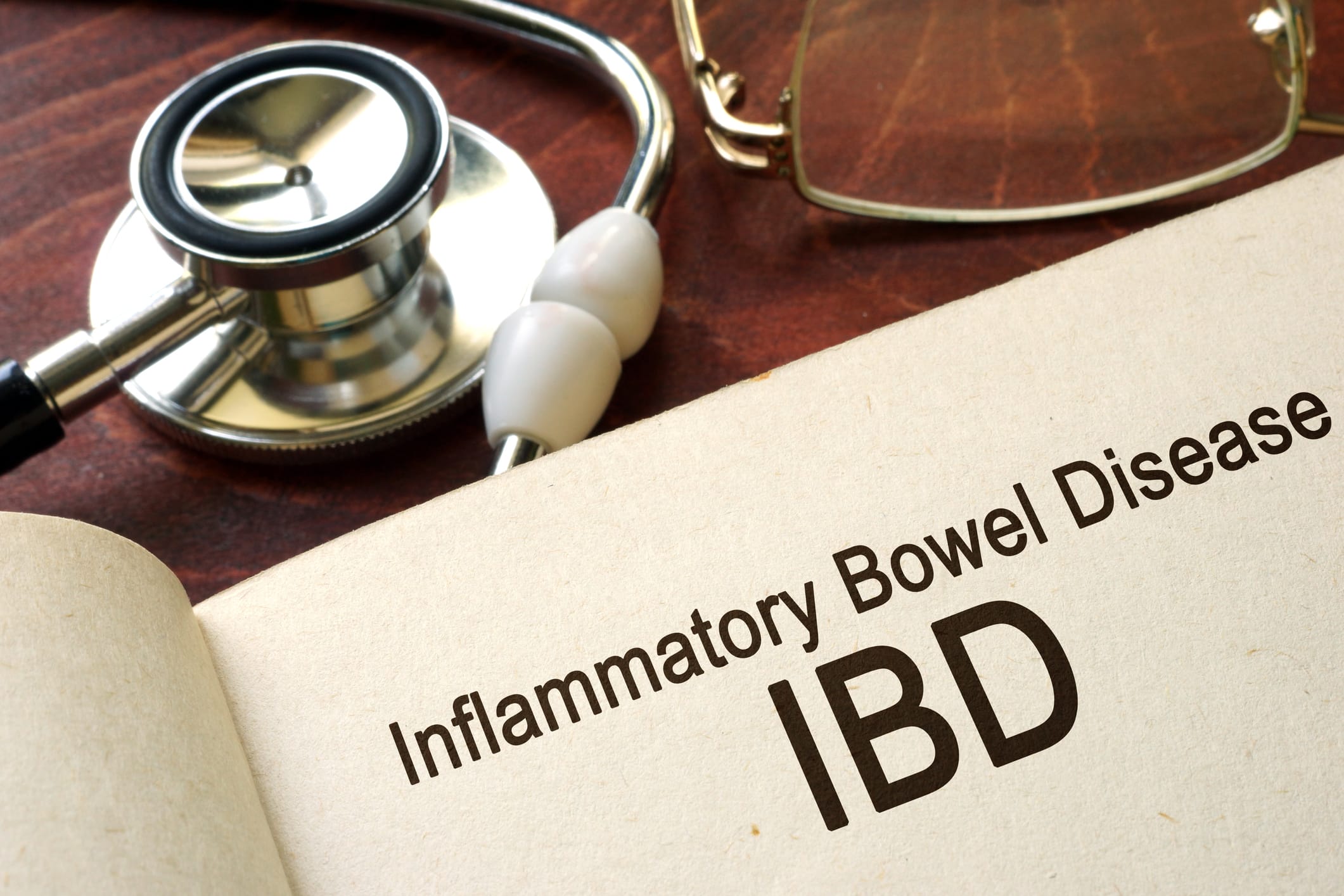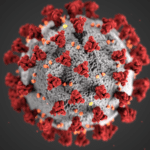Inflammatory bowel disease (IBD) is a chronic condition that affects millions of people worldwide. One of the most challenging aspects of living with IBD is managing flare-ups, which can significantly impact a person's quality of life. Understanding what happens during an IBD flare-up, how long they can last, dietary considerations, the role of stress, diagnosis, treatment options, and more can be the key to a healthier and happier life.
How to Diagnose IBD Diseases
Diagnosing IBD typically involves a combination of medical history evaluation, physical examination, and diagnostic tests. These may include blood tests to check for inflammation or anemia, stool tests to rule out infections, imaging tests such as colonoscopy or MRI, and tissue biopsies to confirm the presence of inflammation in the digestive tract. A gastroenterologist or a specialist in digestive disorders usually oversees the diagnosis and management of IBD.
What Happens During an IBD Flare-Up?
During an IBD flare-up, inflammation in the digestive tract intensifies, leading to a range of symptoms. These may include abdominal pain, diarrhea, rectal bleeding, fatigue, weight loss, and fever. The severity of symptoms can vary from mild to severe, significantly disrupting daily activities and overall well-being.
How Long Do IBD Flare-Ups Last?
The duration of an IBD flare-up varies from person to person. It depends on factors such as the type of IBD (Crohn's disease or ulcerative colitis), the severity of inflammation, and individual response to treatment. In general, flare-ups can last anywhere from a few days to several weeks or even months.
Can Stress Cause IBD Flare-Ups?
Stress doesn't directly cause IBD, but it can exacerbate symptoms and trigger flare-ups in individuals already living with the condition. Stress management techniques such as mindfulness, deep breathing exercises, yoga, and meditation can be beneficial in reducing stress levels and potentially preventing flare-ups. Additionally, seeking support from friends, family, or a mental health professional can provide valuable coping strategies.
What to Eat During an IBD Flare-Up
Diet plays a crucial role in managing IBD symptoms, especially during flare-ups. While there's no one-size-fits-all diet for individuals with IBD, certain dietary modifications can help alleviate symptoms and promote healing. During a flare-up, it's essential to focus on easily digestible, low-fiber foods such as cooked vegetables, lean proteins, white rice, and well-cooked grains. Avoiding trigger foods like spicy foods, dairy, caffeine, and high-fiber foods can also help minimize discomfort.
How To Prevent IBD Flare-Ups
Preventing IBD flare-ups is a crucial aspect of managing the condition and improving the quality of life for individuals with Inflammatory Bowel Disease. While it's not always possible to eliminate flare-ups, several strategies can help reduce their frequency and severity:
- Medication Adherence: Take prescribed medications as directed by your healthcare provider. Medications such as anti-inflammatory drugs, immunosuppressants, and biologics can help control inflammation and prevent flare-ups.
- Follow a Healthy Diet: Maintain a well-balanced diet rich in fruits, vegetables, lean proteins, and whole grains. Avoid trigger foods that can exacerbate symptoms, such as spicy foods, dairy, caffeine, and high-fiber foods. Experimenting with a low FODMAP diet under the guidance of a dietitian may also help identify specific food triggers.
- Manage Stress: Stress management techniques, such as mindfulness, meditation, yoga, deep breathing exercises, and regular physical activity, can help reduce stress levels and minimize the risk of flare-ups. Finding healthy outlets for stress, such as hobbies, socializing, or therapy, can also be beneficial.
- Get Regular Exercise: Engage in regular physical activity, such as walking, cycling, swimming, or yoga. Exercise not only helps maintain overall health but can also reduce inflammation and improve mood.
- Stay Hydrated: Drink plenty of fluids, especially water, throughout the day to stay hydrated and support digestive health.
- Get Sufficient Sleep: Aim for 7-9 hours of quality sleep per night to support overall well-being and immune function. Poor sleep habits can increase stress levels and trigger flare-ups.
- Avoid Smoking: If you smoke, quitting can significantly improve IBD symptoms and reduce the risk of flare-ups. Smoking is a known risk factor for Crohn's disease and can worsen symptoms in individuals with IBD.
- Monitor Symptoms: Pay attention to your body and track any changes in symptoms. Keeping a symptom journal can help identify triggers and patterns, allowing for better management and preventing flare-ups.
Additionally, maintain open communication with your gastroenterologist and healthcare team. Regular check-ups, follow-up appointments, and discussing any concerns or changes in symptoms are essential for effective management and prevention of flare-ups.
Manage IBD Flare-Ups With The Help Of Northeast Digestive
Living with IBD can be challenging, especially during flare-ups. However, with proper management strategies, including medication, dietary adjustments, stress management, and medical support, individuals with IBD can lead fulfilling lives and minimize the impact of flare-ups on their well-being.
If you're experiencing persistent or severe symptoms of IBD, don't wait. Contact Northeast Digestive today to schedule an appointment with our experienced gastroenterologists. Our team is dedicated to providing compassionate care and personalized treatment plans tailored to your needs.




